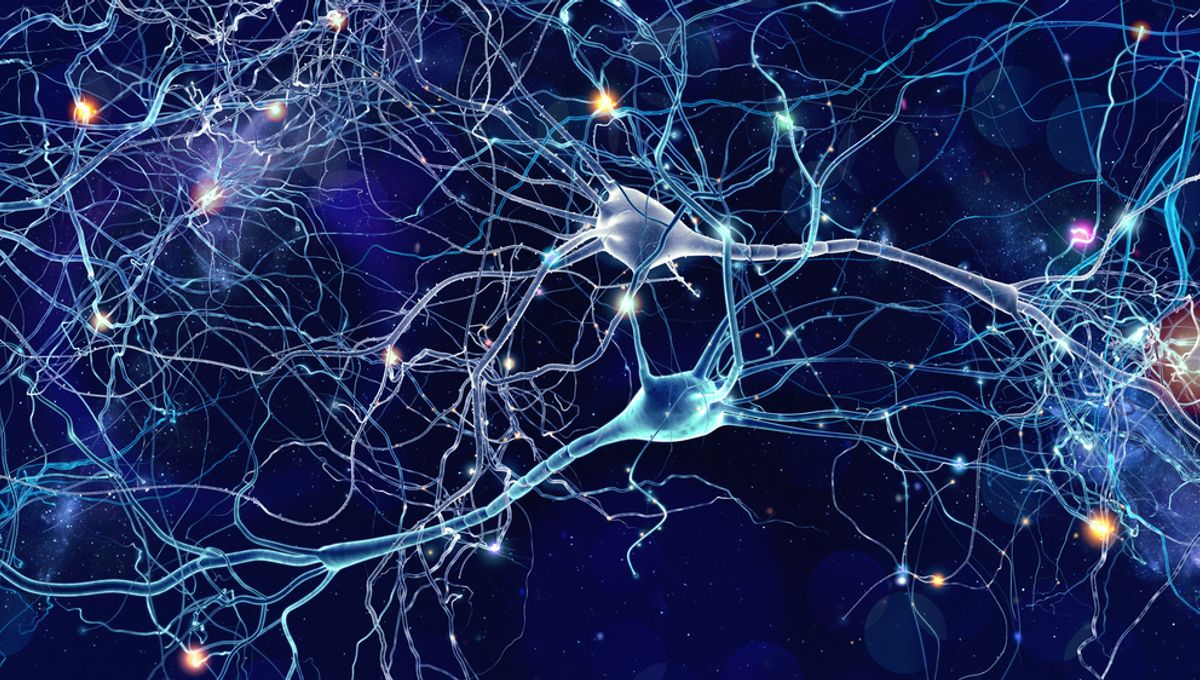
Scientists have transplanted human brain cells into the brains of rats, discovering that the new neurons will grow as the rat develops and even help influence their behavior. The research has resounding implications on not just neurological research, but also the ethics of creating animal-human hybrids in this way.
The Stanford University team took lab-grown bundles of human neurons and all the supporting cells around them and transplanted them into the developing brains of newborn rats. As the rodents grew, the human neurons were integrated within the brains and formed working circuits, which the researchers now say they can use for studying neurodevelopmental disorders.
“We can now study healthy brain development as well as brain disorders understood to take root in development in unprecedented detail, without needing to excise tissue from a human brain,” said Pasca, the Bonnie Uytengsu and Family Director of Stanford Brain Organogenesis and co-author of the study, in a statement.
“We can also use this new platform to test new drugs and gene therapies for neuropsychiatric disorders.”
The team used a method they had previously described in 2015, where human skin cells are transformed into stem cells and then differentiated into various brain organoids. In doing so, the lab could create specific regions of the brain in tiny organoid form – not quite as developed as those in a naturally occurring brain, but perfect for transplanting into a model animal.
Owing to infants’ impressive ability to make new connections as the brain develops, almost 100 rat pups just two or three days old received transplants of these bundles of human brain cells in the exact same region of the brain.
It didn’t take long before the rats’ own inner machinery started moving in on the human cells to supply them with blood and nutrients. Suddenly supplied with immune cells and all the necessary ingredients to thrive, the human neurons grew from just a fraction of an inch all the way to occupying around one third of the rat’s hemisphere. Compared to neurons that stayed cooped up in the petri dish, these transplanted neurons were now six times larger and significantly more complex.
The researchers then transplanted two different bundles of human cells – one derived from a patient with Timothy syndrome, a neurological disorder that is linked with autism and epilepsy, and one a control without the syndrome – into the same brain on either hemisphere. In the Timothy syndrome hemisphere, the neurons developed differently and were much smaller, giving the researchers an unprecedented insight into how these disorders develop.
Continuing with the other rats, the researchers then demonstrated that the human circuitry was directly influencing their behavior by specifically stimulating the small organoids within the rats’ brains in a Pavlovian experiment. They also found neither a benefit nor deficit in the functioning of the rats with the implants, suggesting they had a role in cognitive function but did not improve it.
“This is the most advanced human brain circuitry ever built from human skin cells and a demonstration that implanted human neurons can influence an animal’s behavior,” Pasca said.
“Our platform provides, for the first time, behavioral readouts for human cells and could, we hope, accelerate our understanding of complex psychiatric conditions.”
Their research was published in the journal Nature.
Source Link: Human Brain Cells Implanted Into Rat Brains Form Connections With Their Hosts